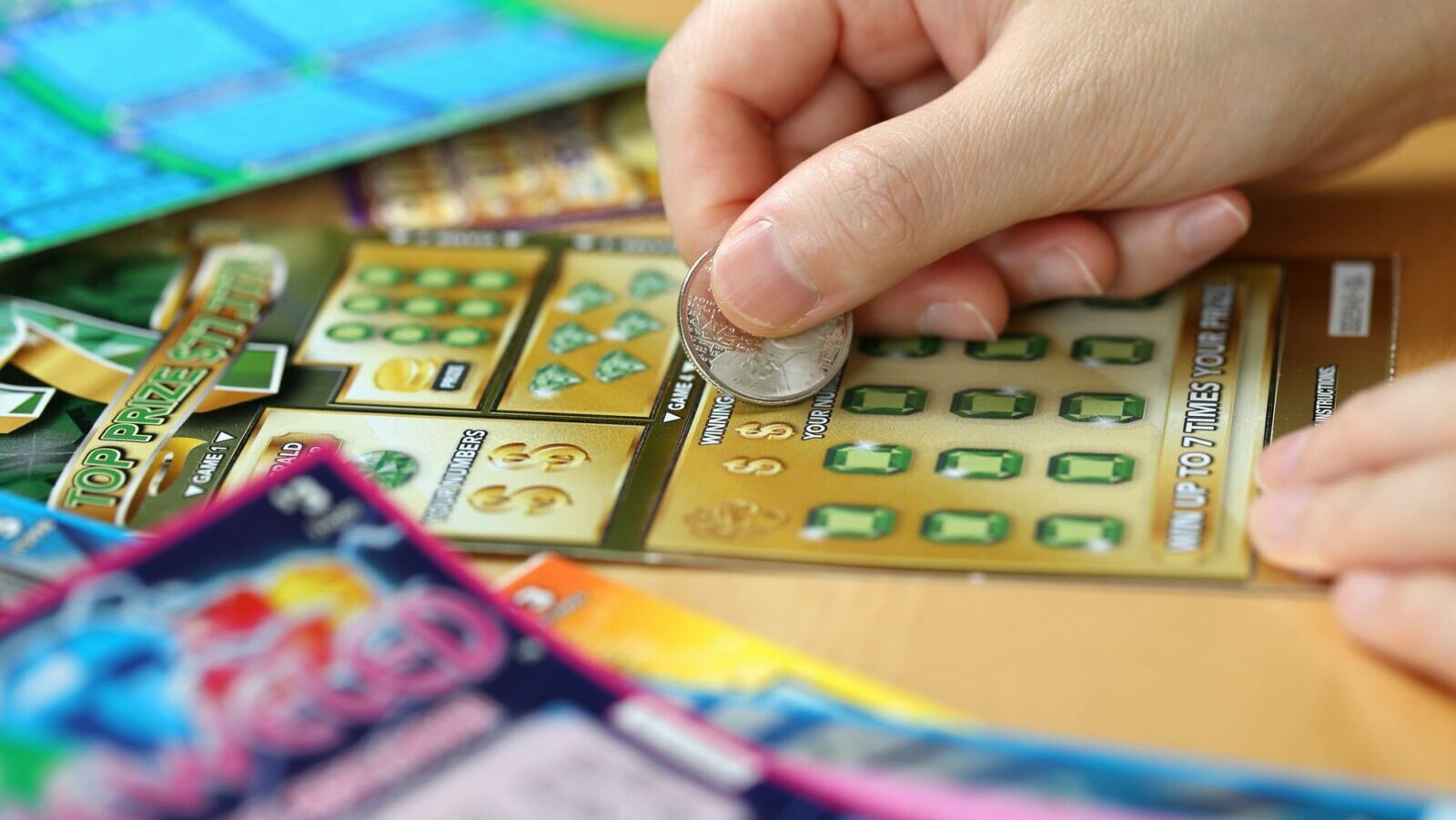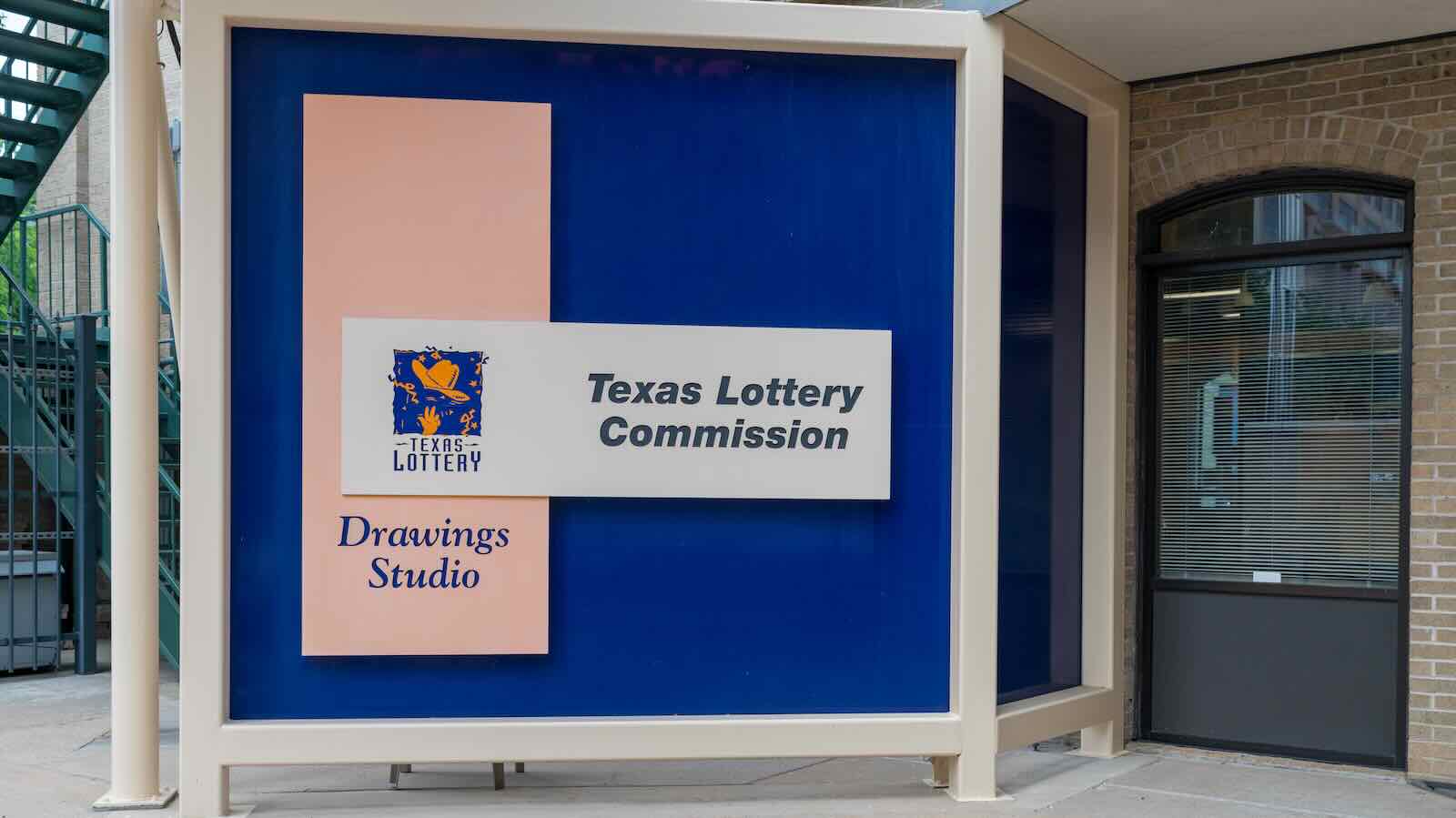Ups And Downs Of Lottery Play Can Be ‘Very Addictive Form Of Conditioning,’ Expert Says
“People believe the longer you play without a win, the more likely you are to win big. That is a very addictive form of conditioning.”
3 min

Whether through personal experience or just seeing depictions in pop culture, most of us are familiar with the symptoms of gambling addiction: lying to cover up gambling activity, risking relationships for a quick hit, deepening financial woes, chasing losses — the list goes on.
But can playing the lottery result in or lead to this same behavior?
Normally, when we think of gambling addiction, we imagine casinos and slot machines — not quick purchases in a convenience store.
Well, according to Dr. Lia Nower, director of the Rutgers Center for Gambling Studies, the lottery may be culpable for fostering gambling addiction, same as the Bellagio.
“The same operant conditioning effects apply whether it’s lottery or slot machines,” Nower told Lottery Geeks. “Gambling works on an interval ratio reinforcement schedule, meaning that ‘wins’ are unpredictable — but people believe the longer you play without a win, the more likely you are to win big. That is a very addictive form of conditioning.”
Considering that most people will go decades — and possibly, their whole lives — without winning a jackpot, this could mean that the lottery is more addictive than regular gambling. All it would take is one small win followed by a long dry stretch to create the conditions Nower describes.
Add to that the ever-growing jackpots, which satisfy another gambling addiction symptom — the persistent need to bid on higher amounts of money — and you’d have yourself a potential disaster. Of course, other factors would come into play to create gambling addiction in a lottery player.
Lottery play And gambling addiction risk factors
According to the National Council on Problem Gambling, people who become gambling addicts often have pre-existing depression or anxiety. They then turn to gambling to relieve their distress.
There are also a number of social and economic determinants linked to these mental states. The list includes childhood maltreatment, substance abuse, and demographic factors such as low income or limited education levels.
The lottery is undoubtedly popular among low-income Americans. As economist Victor Matheson told Lottery Geeks last month: “Lottery tickets overall are a highly regressive form of taxation. It’s a tax where the poor pay a higher percentage of their income than the rich.”
The lottery is not only popular among communities susceptible to addiction, but also a potential drain on their wallets. For an individual with addiction problems, money troubles could lead to more anxiety, indefinitely fueling the cycle.
Also, lower income Americans may not have immediate access to mental health resources that can help curb addiction — though free organizations like Gamblers Anonymous and Gam-Anon do exist.
Danger Abound
There’s another risk factor for gambling addiction that is becoming ever more prevalent: accessibility.
“What we know from research is that the more often you gamble, the more places you gamble, and the more activities you gamble on, then the higher your risk for serious problems,” said Nower. “It used to be your risk was lower if you lived farther from a casino, for example. Now you can have a casino or sportsbook in your pocket 24/7 on your cell phone.”
And now that the lottery is more accessible through digital channels and iLottery products, meaning it could more easily create an environment conducive to addiction. And theoretically, online lottery play could become a “gateway drug” for someone, as they navigate through iLottery app to a sports betting tab.
Gambling addiction is a nationwide problem, with 1% of adult Americans suffering from a gambling disorder and an additional 2-3% registering moderate to severe symptoms, according to the NCPG.Gambling, of course, is adult entertainment that is not problematic for a vast majority, and it is not going away anytime soon, likewise the lottery.
But friends and family of lottery players can definitely be on the lookout for gambling addiction in their loved ones. In addition to the aforementioned lying, risk-taking, and money problems, there’s also restlessness, obsessive thoughts, and poor work performance to watch out for.
Additionally, if someone demonstrates these symptoms in relation to other activities but doesn’t play the lottery yet, they should not be the target audience to encourage to begin buying lottery tickets.
“Many people don’t consider the lottery to be gambling, so they may be less likely to use responsible gambling principles like setting limits,” said Keith Whyte, Executive Director of the National Council on Problem Gambling. “Setting limits is one of the most important strategies [for avoiding gambling addiction]. For lottery players, that might be making sure you only play a set amount if you play daily, or committing to saving — and not spending — any winnings from tickets.”
If someone you know may be suffering from gambling addiction, the National Council on Problem Gambling offers a variety of resources, including answers to frequently asked questions, a gambling addiction self-assessment, information about addiction treatment, and even a National Problem Gambling Helpline (1-800-GAMBLER) to secure help within your state.








